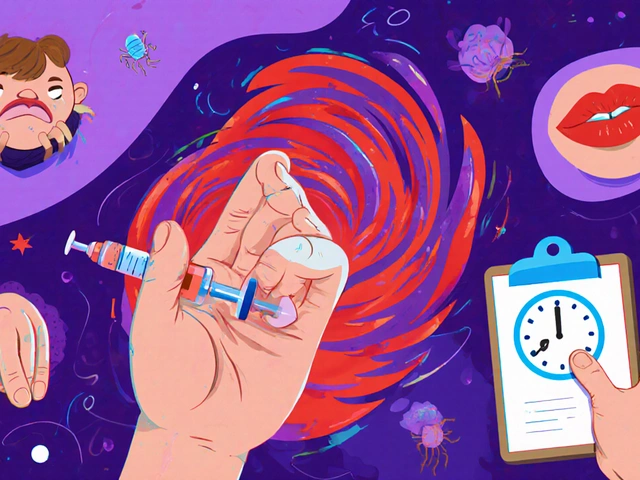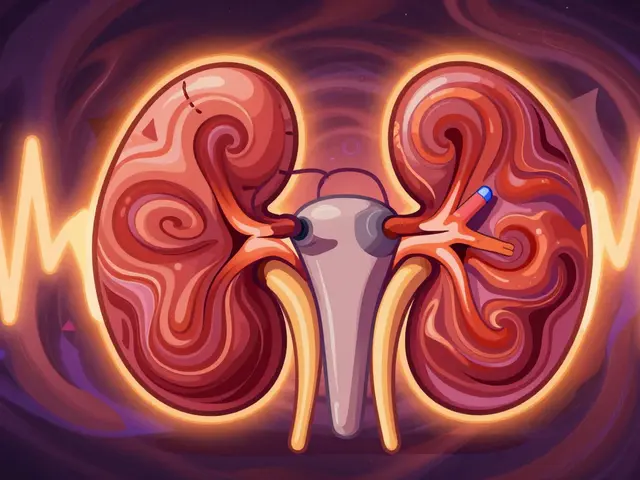
Chloroquine Alternatives – Safer Choices for Malaria Prevention
If you’ve ever heard of chloroquine, you know it was once the go‑to drug for malaria. Over the years resistance grew, and side‑effects like eye problems and heart issues showed up. That’s why doctors and travelers now look for other options that work better and cause fewer problems.
Why Look for Alternatives?
Resistance is the biggest driver. In many parts of Africa and Asia, the malaria parasite no longer falls for chloroquine, so taking it won’t protect you. Besides, chloroquine can irritate the stomach, mess with your heart rhythm, and, in rare cases, damage the retina. If you’re planning a trip or need malaria prophylaxis for health reasons, you want a drug that actually stops infection and keeps side‑effects low.
Top Alternatives and What They Offer
Hydroxychloroquine is a close cousin of chloroquine. It’s gentler on the eyes and works well for mild malaria in areas with low resistance. The dose is smaller, and most people handle it without major issues, but it still isn’t the best choice where resistance is high.
Mefloquine is a strong option for travelers heading to regions with chloroquine‑resistant strains. It’s taken once a week, which many find convenient. However, a small number of users report vivid dreams, anxiety, or mood changes, so it’s worth discussing your mental health history with a pharmacist before starting.
Atovaquone‑proguanil (Malarone) has become popular because it combines two drugs that hit the parasite in different ways. The side‑effect profile is mild – mainly stomach upset or headache – and resistance is still low. The downside is cost; it’s pricier than older meds, but many consider the safety trade‑off worth it.
Doxycycline isn’t a classic antimalarial, but it works well as a daily prophylactic. It’s cheap and also fights bacterial infections, which can be handy on long trips. The main complaint is sun sensitivity, so sunscreen is a must.
Artemisinin‑based combination therapies (ACTs) are the frontline treatment for acute malaria, not prevention. Still, in some high‑risk areas doctors may prescribe a short ACT course after exposure. These drugs clear parasites quickly and have a good safety record when taken correctly.
Choosing the right alternative depends on where you’re going, how long you’ll stay, and your personal health profile. Talk to a healthcare professional about any heart conditions, mental health issues, or medication allergies. They can match the drug to your itinerary and help you plan a safe dosing schedule.
Finally, remember that drugs are only part of the protection puzzle. Using insect repellent, sleeping under treated nets, and wearing long sleeves in the evening add layers of defense. Combining these habits with the right medication gives you the best shot at staying malaria‑free.
-
9 Aug






